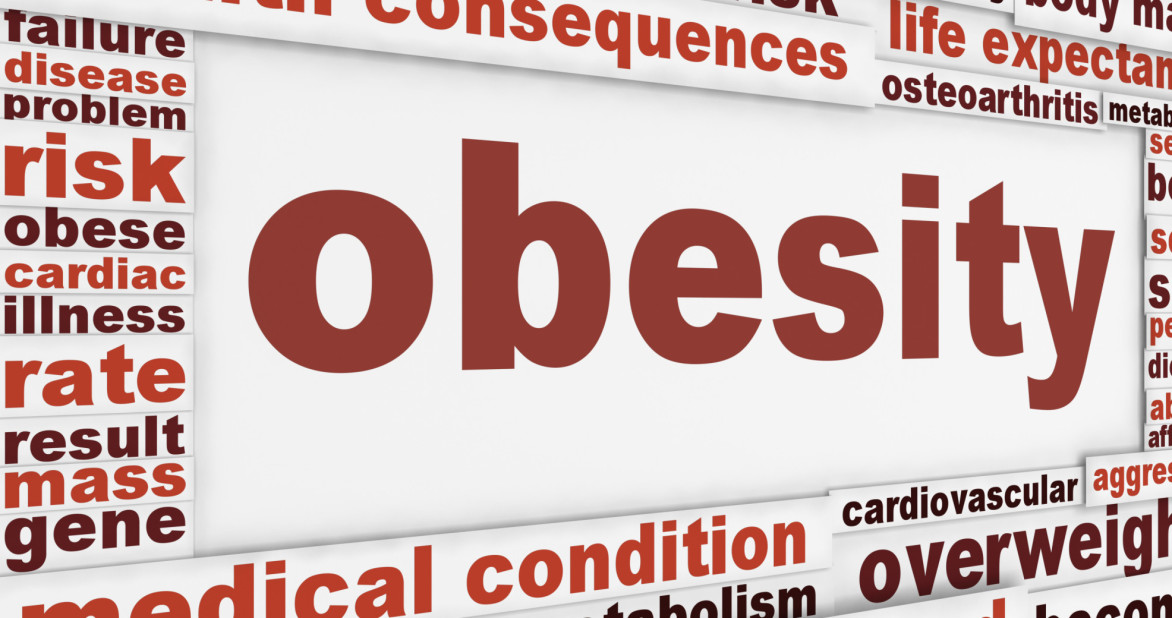Postmenopausal breast cancer and obesity

Postmenopausal breast cancer and obesity causes bodily harms which are often as a result of excess calories in the body
Postmenopausal breast cancer and obesity: Obesity and breast cancer
Many studies have shown that overweight and obesity are associated with an overbearing increase in risk of postmenopausal breast cancer. This higher risk is seen mainly in women who have never used menopausal hormone therapy (MHT) and for tumors that express both estrogen and progesterone receptors. According to the experts from AWAREmed Health and Wellness Resource Center under the able leadership of doctor Dalal Akoury MD, overweight and obesity have by contrast, been found to be associated with a reduced risk of premenopausal breast cancer in some studies.
However the relationship between obesity and breast cancer may be affected by the stage of life in which a woman gains weight and becomes obese. Epidemiologists are actively working to address this question. Weight gain during adult life, most often from about age 18 to between the ages of 50 and 60, has been consistently associated with risk of breast cancer after menopause. The increased risk of postmenopausal breast cancer is thought to be due to increased levels of estrogen in obese women. After menopause, when the ovaries stop producing hormones, fat tissue becomes the most important source of estrogen. Because obese women have more fat tissue, their estrogen levels are higher, potentially leading to more rapid growth of estrogen-responsive breast tumors.
The relationship between obesity and breast cancer risk may also vary by race and ethnicity. However, there is limited evidence that the risk associated with overweight and obesity may be less among African American and Hispanic women than among white women.
Postmenopausal breast cancer and obesity: Endometrial cancer
Overweight and obesity have been consistently associated with endometrial cancer. This is the cancer of the lining of the uterus. Obese and overweight women have two to four times the risk of developing this disease than women of a normal weight, regardless of menopausal status. A number of studies have also found that the risk of endometrial cancer increases with increasing weight gain in adulthood, particularly among women who have never used MHT.
Finally although it has not yet been determined why obesity is a risk factor for endometrial cancer, some evidence points to a role for diabetes, possibly in combination with low levels of physical activity. High levels of estrogen produced by fat tissue are also likely to play a role. In conclusion to part with the prevalence of obesity and all the relationships we are observing with different kinds of cancers, we all have a duty to perform in the realization of good health. It begins with the mutual acknowledgement that these two conditions are a threat to our health. Up on that we can begin to talk to the experts both at AWAREmed Health and Wellness Resource Center and other institution where professionalism is practiced in offering treatment of the same. You can schedule for an appointment with doctor Dalal Akoury today and she will be there to help you overcome whatever challenge you may be having.
Postmenopausal breast cancer and obesity: Obesity and breast cancer

